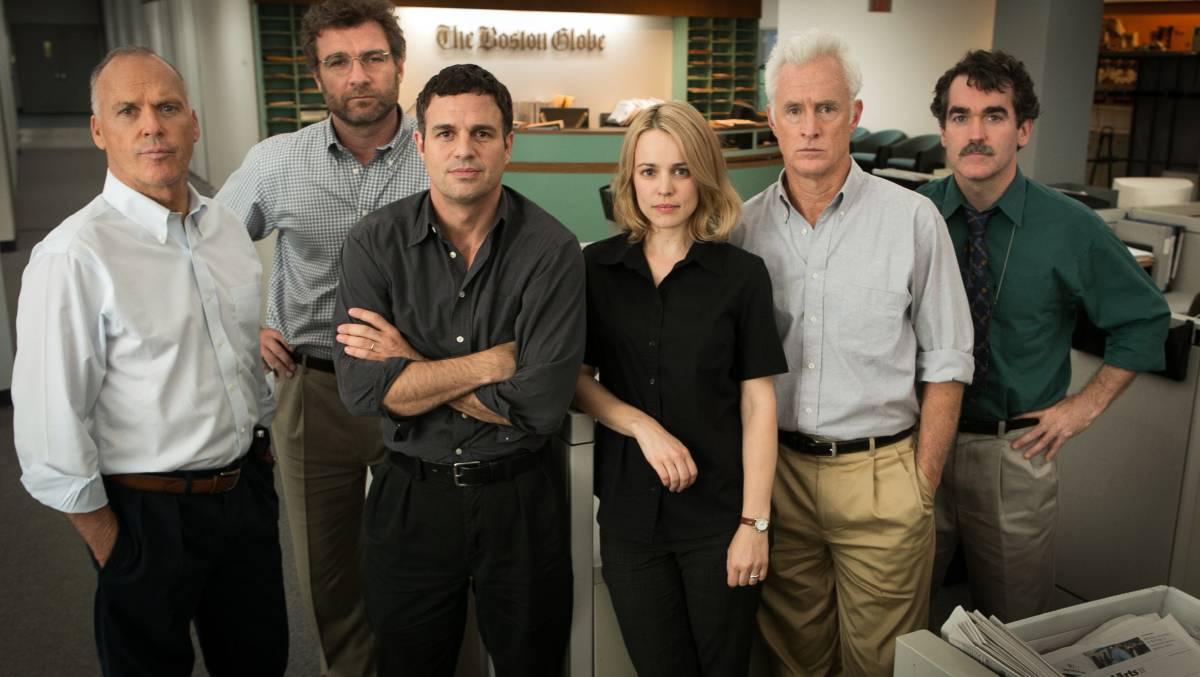|
Spotlight and the right for Catholics to be angry
By Kieran Tapsell
The Australian Catholic Bishops Conference has issued a statement about Spotlight, the film about the cover up of child sexual abuse in Boston. The bishops agreed with Father Richard Leonard that Spotlight is “an occasion for holy, righteous anger and every adult Catholic should see it”. I saw the film, and I was angry, not so much about the past but by what is happening right now. A cover up ordered by canon law in 1922 continues to this day. In 1996, when Irish bishops wanted mandatory reporting to the police of all allegations of child sexual abuse, they were told they could not because it conflicted with canon law. In 1998 Cardinal Castrillón, the Prefect of the Congregation for Clergy, told the bishops they should not put anything in the way of victims going to police, but bishops were not to do the reporting. In 2002, he and Cardinal Rodriguez Maradiaga, now in charge of reforming the Roman Curia, publicly stated bishops should be prepared to go to jail rather than report a paedophile priest to police. In 2002 American bishops wanted mandatory reporting under canon law for all allegations, but the Vatican refused. It only agreed to a dispensation from the pontifical secret where civil laws required reporting. It was more concerned about bishops going to jail than the welfare of children. That dispensation was extended to the whole church in 2010. But where there are no civil laws requiring reporting (as is the case in six Australian States and territories for most cases), the pontifical secret over these allegations still applies. On January 16, 2014, Bishop Scicluna, the former Vatican chief prosecutor, gave evidence at the United Nations Committee for the Rights of the Child on behalf of the Holy See, and was asked why church policy did not require mandatory reporting to police in all cases, and not just where there were reporting laws. His answer was that every local church has the duty to educate people about their rights, and to “empower” them. In other words, it was up to victims to report to police and not the church. In their response to the film Spotlight, Australia’s bishops have restated that policy: the victim is encouraged to report, but nothing is said about the pontifical secret under canon law that prevents church personnel from reporting, except where there are civil reporting laws. The 2010 version of Towards Healing provides for reporting by the church but is nothing more than a piece of paper within the church unless it is approved under canon law. All bishops have sworn to obey canon law, not guidelines conflicting it. In 2013, the Vatican advised Australian bishops that canon law overrides Towards Healing for clerics, meaning it overrides the requirement for the church to report to police in Australian states where there are no civil reporting laws. In September 2014, Pope Francis rejected a United Nations request for mandatory reporting of all allegations. He also reinstated a priest who was dismissed two years earlier because of child sexual abuse. Everyone should have “righteous anger” about the past, but even more so about the present. Pope Francis can allow mandatory reporting of all allegations with the stroke of a pen. By refusing to do so he is continuing the cover up.
|
.
Any original material on these pages is copyright © BishopAccountability.org 2004. Reproduce freely with attribution.
